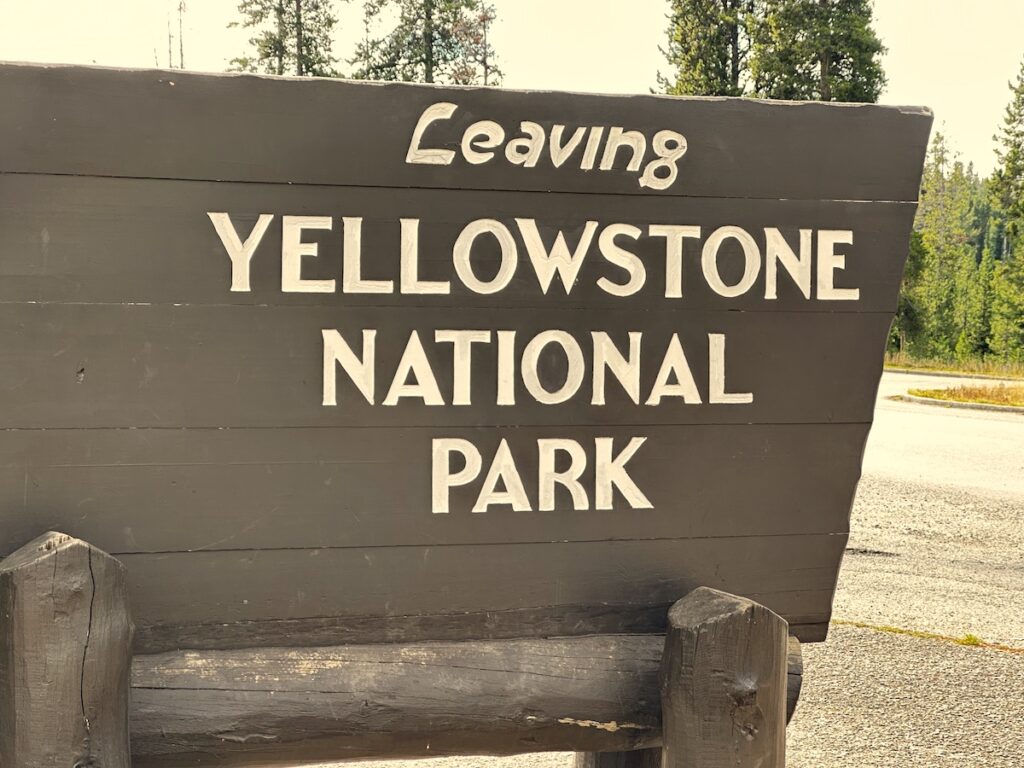Wednesday, the National Park Service (NPS) announced the adoption of 33 categorical exclusions under Section 109 of the National Environmental Policy Act (NEPA), aimed at reducing regulatory burdens and accelerating project delivery. The move, aligned with the Trump administration’s focus on government efficiency, allows the NPS to bypass lengthy environmental reviews for actions deemed to have minimal environmental impact, enabling faster decision-making and implementation.
The categorical exclusions, adopted from agencies like the Federal Highway Administration, U.S. Fish and Wildlife Service, and Department of Homeland Security, cover routine activities such as infrastructure upgrades, communications enhancements, rights-of-way authorizations, cultural and natural resource management, recreation access improvements, and emergency response efforts. These actions support priorities to modernize infrastructure and foster economic growth while maintaining environmental standards.

Interior Secretary Doug Burgum emphasized the reforms’ benefits, stating they enhance the NPS’s ability to manage public lands efficiently without compromising environmental protections. The exclusions were authorized through a July 2024 Department of the Interior environmental statement memorandum, following consultations and a review to ensure compliance with existing environmental laws. A Federal Register notice provides detailed descriptions of each exclusion and outlines their application within the NPS.
This policy shift promotes practical stewardship, prioritizing efficiency, accountability, and responsiveness to meet the needs of park visitors, partners, and communities. By streamlining processes, the NPS aims to deliver projects more quickly, enhancing access and infrastructure across its 429 park units, which hosted 325.5 million visitors in 2024. Additional information is available through the Department of the Interior’s press office or the Federal Register.
- National Elk Refuge February 2026 Biological Update: Mild Winter Persists in Jackson Hole - February 9, 2026
- Wyoming Game and Fish Hosts Workshops on Elk Feedground Management Action Plans - February 9, 2026
- Jackson Town Council Considers Unmet Housing Grant Application for S4 Flats on January 20th - January 20, 2026